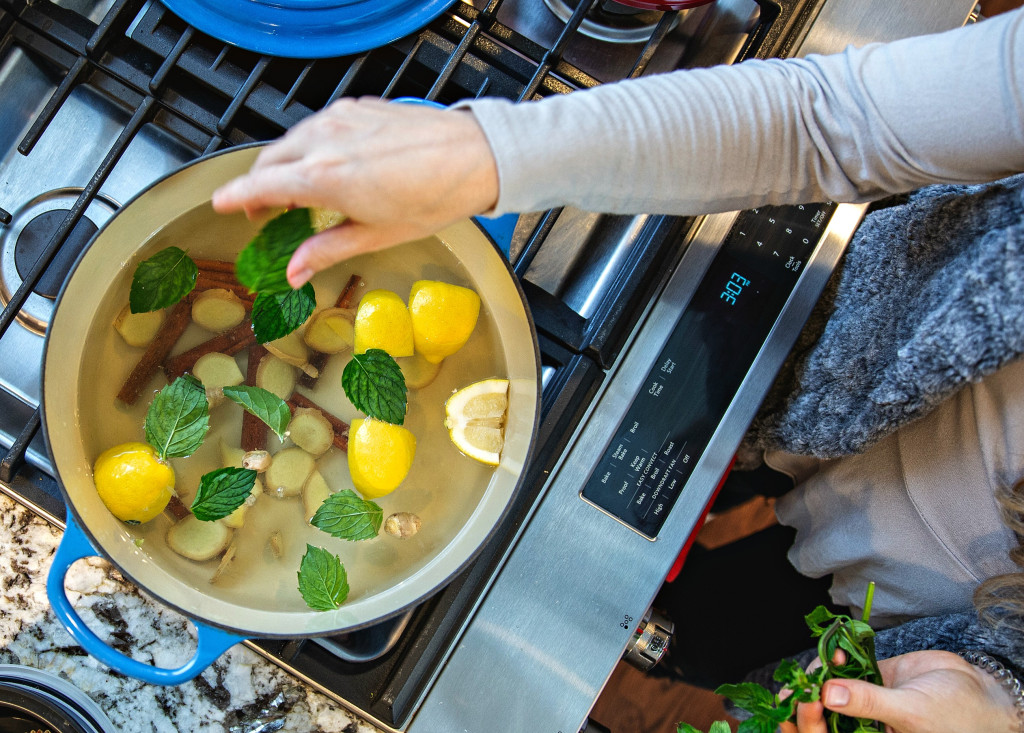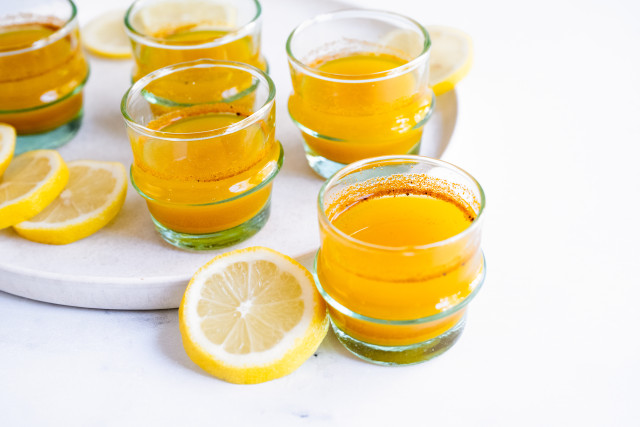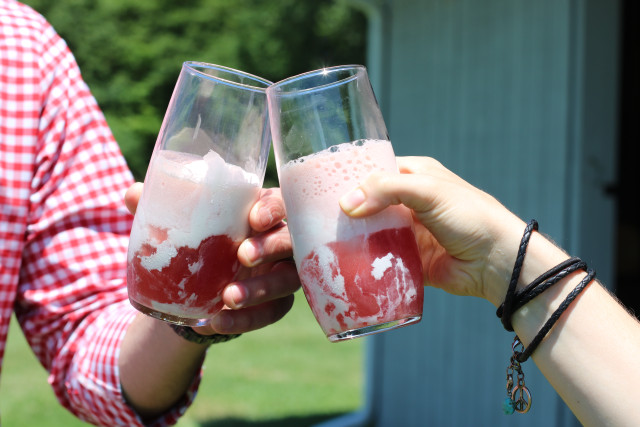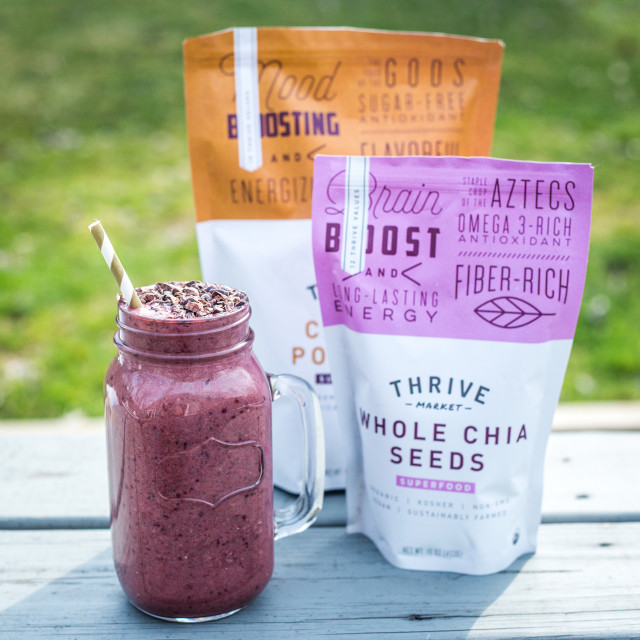
Anti-inflammatory Cinnamon Lemon Ginger Tea
Nutrition is larger than just the foods that you put into your mouth--it also encompasses the drinks and beverages that you sip on every day. This is where tea enters the picture. Drinking tea can help you meet your daily hydration while also providing an additional source of antioxidants and phytochemicals that will help keep you well, improve your gut microbiome, boost your immune system and lower levels of inflammation. This Anti-inflammatory Cinnamon Lemon Ginger Tea recipe includes some of the most powerful inflammation-fighting ingredients that will help you stay healthy while also making you feel warm and cozy with each sip!
Making your Own Anti-Inflammatory Tea
The ingredients included in this tea recipe have a powerful ability to lower levels of inflammation, as you will read more about. Anti-inflammatory ingredients and polyphenols are so important because chronic inflammation is one of the underlying root causes in almost all chronic health conditions such as cardiovascular disease and diabetes; cancer; and autoimmune diseases such as rheumatoid arthritis and hypothyroidism. The polyphenols are also important for promoting a healthy gut microbiome. So, even if you are a healthy individual, it's essential for improving your gut function, which impacts every single aspect of your health.
In order to get started, you just need a big pot of filtered water and the following antioxidant fighting ingredients and the rest is pure magic! Follow along with me making this tea in this video.
Antioxidant Fighting Ingredients
Cinnamon
Cinnamon is a rich source of many antioxidants, one of which is called cinnamaldehyde. These antioxidants can help lower inflammation, oxidative stress and blood sugar levels. A 2016 study showed that individuals who used cinnamon twice per day (in capsule form) for two months had lower levels of total blood sugar and 2 hour post prandial blood sugar (meaning lower blood sugar two hours after consuming 75g of carbohydrates), improved insulin sensitivity and lower total cholesterol. Research has even demonstrated that cinnamon can improve blood sugar control in patients with Type 2 Diabetes. A randomized, double blind study demonstrated that participants taking a high dose of cinnamon lowered their hemoglobin A1c levels (a three month average of blood sugar levels) from 8.9% to 8.0%. The control group did not experience any improvement.
Ginger
Ginger root not only has powerful anti-inflammatory properties and because of that, research shows that it can serve as a pain reliever, especially in those with arthritis and athletes that experience soreness after workouts. Muscle pain and even soreness are associated with higher inflammation which ginger can help quench. In a 2010 study researchers took a group of individuals and instructed them to do muscle pain-inducing workouts over an 11 day period. The group either consumed two grams of ginger per day or they did nothing. The group that consumed the ginger root experienced a 25% lower level of exercise-induced muscle injury/pain within 24 hours each workout.
Lemon
It should come as no surprise that lemons are rich in vitamin C, also known as ascorbic acid. Vitamin C's anti-inflammatory benefits are not only effective for reducing risk of getting a cold but also for reducing risk of cardiovascular disease, stroke, and more. This research review outlined many large population based studies that have demonstrated the effectiveness of vitamin C in scavenging free radicals and lowering levels of inflammation. One lemon contains 30mg of vitamin C. By adding lemon juice to your water or tea throughout the day, you can easily add antioxidant support to your diet.
Mint
Mint is most commonly known for it's ability to aid in digestion. Some research has shown that it can help reduce IBS symptoms. But in addition to that, mint is also high in anti-inflammatory polyphenols that can help lower inflammation.
In the last 2.5 years Brigid & our team of dietitians have helped 20,000 people incorporate blood sugar balancing meals into their weeks to drastically improve their health. Our blood sugar balancing recipe formula helps really move the needle with your health and all recipes are also easy and delicious. We've compiled hundreds of blood sugar balancing recipes into our meal planning and coaching program, The Being Collective, to help you do the same. By joining The Being Collective, you'll create a weekly plan for you and/or your family (or use one of the pre-made plans created by Brigid & our dietitians) with recipes that are blood sugar balancing, an automated grocery list and a meal prep plan. You can filter based on your personal dietary needs too. The goal is to help you be more consistent but not have to put much thought into it. We'd love for you to join the community!
Anti-inflammatory Cinnamon Lemon Ginger Tea
8 cups filtered water
2 lemon wedge, quartered
1 bunch mint leaves
8 cinnamon sticks
1 fresh ginger root, peeled and sliced
Fill pot with filtered water.
Add lemon wedges, mint leaves, cinnamon sticks and ginger.
Bring water to a boil.
Reduce stove to simmer and enjoy throughout the day or remove from stove and pour into a glass jar to drink throughout the week. Can store in refrigerator.



